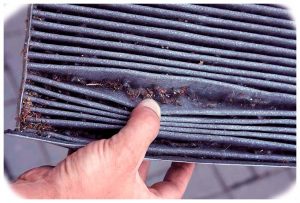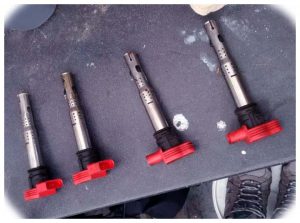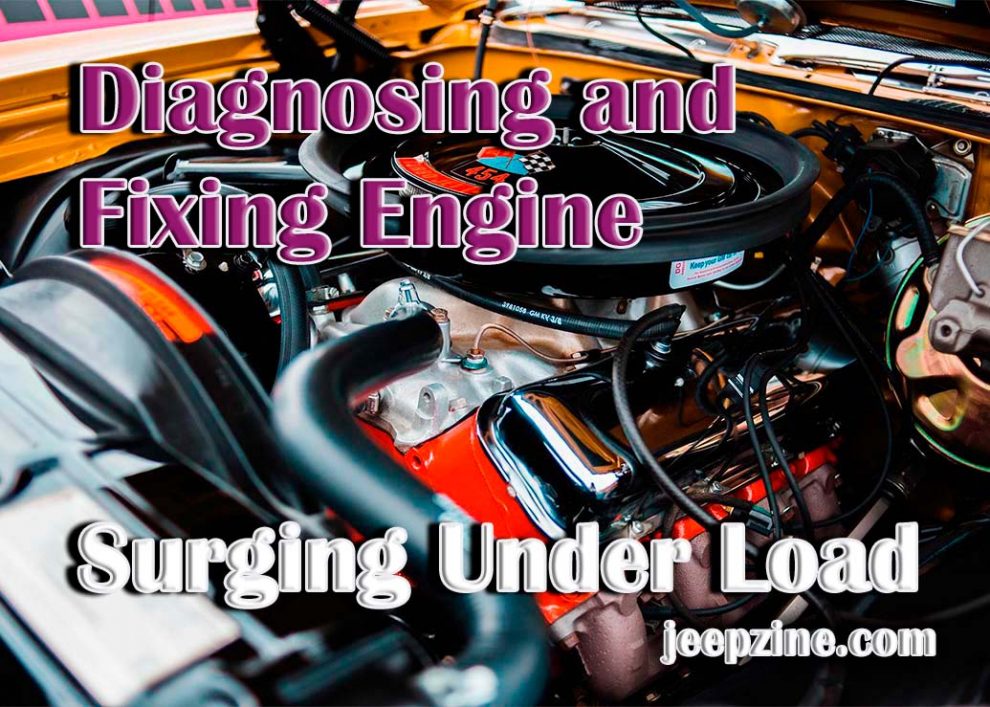Engine surging under load is a common problem for many drivers. Several factors can cause it, and it can be difficult to diagnose the underlying cause. This article will discuss the symptoms of engine surging under load and the possible causes. We will also go over how to diagnose the problem and offer solutions to fix it.
Symptoms of Engine Surging Under Load
Engine surging under load is characterized by a sudden increase in engine speed when accelerating or driving at higher speeds. This surge typically lasts for a few seconds before returning to regular operation, but in some cases, it can continue indefinitely until the car is turned off or shifted into neutral. Other symptoms may include jerking or shaking of the vehicle, decreased fuel economy, and increased engine noise/vibration levels during acceleration.
Causes of Engine Surging Under Load
Several possible causes could be causing your vehicle’s engine to surge under load:

Faulty Fuel System Components: If the fuel injectors, fuel pressure regulator, or other components of the fuel system are not functioning correctly, it can lead to an unstable fuel-air mixture in the engine, resulting in surging under load.
Spark Plug Issues: Faulty spark plugs or worn-out ignition coils can also cause engine surge under load as they can cause misfiring during acceleration.
Faulty Exhaust Parts: A clogged catalytic converter or a damaged exhaust manifold gasket can also lead to surging under load as these parts restrict exhaust flow from the engine.
Bad Sensors/Ignition Coils: Damaged sensors and ignition coils can also lead to surging under load as they provide incorrect information to the vehicle’s computer, leading it to make incorrect adjustments in order to maintain performance levels.
Diagnosing the Problem
To determine which of these issues is causing your vehicle’s engine to surge under load, you will need to do some basic diagnostic tests that check for problems with each of these components individually. This includes checking for air filter blockage, testing fuel system components, inspecting spark plugs and ignition coils, and checking exhaust parts for any damage or blockage.
Solutions for Engine Surging Under Load
Once you have identified the cause of your engine surging under load, you can begin to work on finding a solution:
Clean/Replace Air Filter: If the air filter is clogged and does not allow enough air into the engine, it should be replaced or cleaned as soon as possible.
Replace Spark Plugs: If one or more spark plugs are worn out or damaged, they should be replaced with new ones to ensure proper ignition of the fuel-air mixture in the engine.

Inspect Exhaust Parts: The catalytic converter and exhaust manifold gasket should both be inspected for any signs of damage that could restrict exhaust flow from the engine.
Replace Damaged Sensors or Ignition Coils: Any damaged sensors or faulty ignition coils should be replaced with new ones to ensure they provide accurate information to the vehicle’s computer.
Conclusion
Engine surging under load is a common problem that various components in your vehicle can cause. It is important to properly diagnose the problem to identify the cause and determine the best solution. Following the steps outlined above, you should be able to fix engine surging under load and get your car running smoothly again.


Add Comment